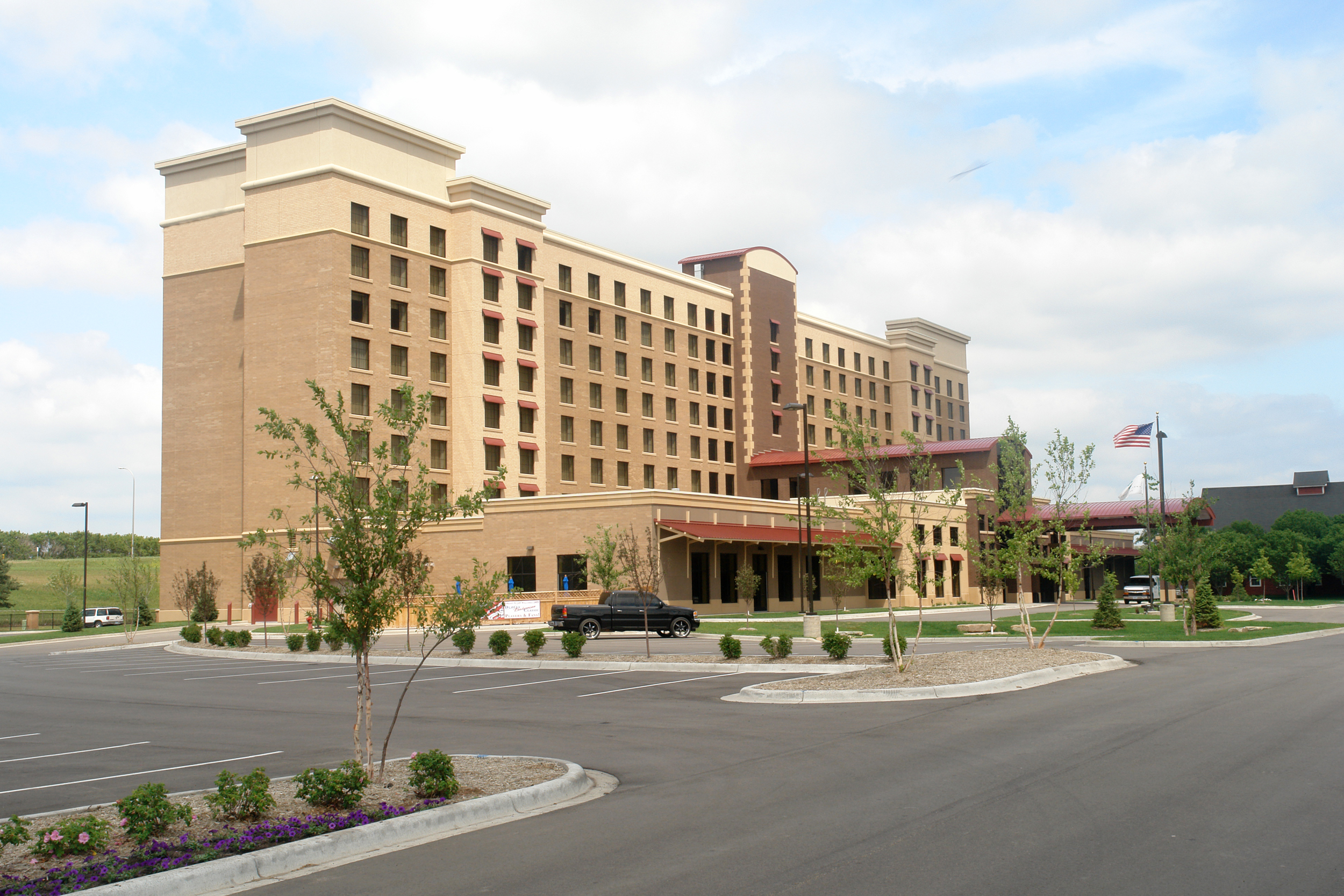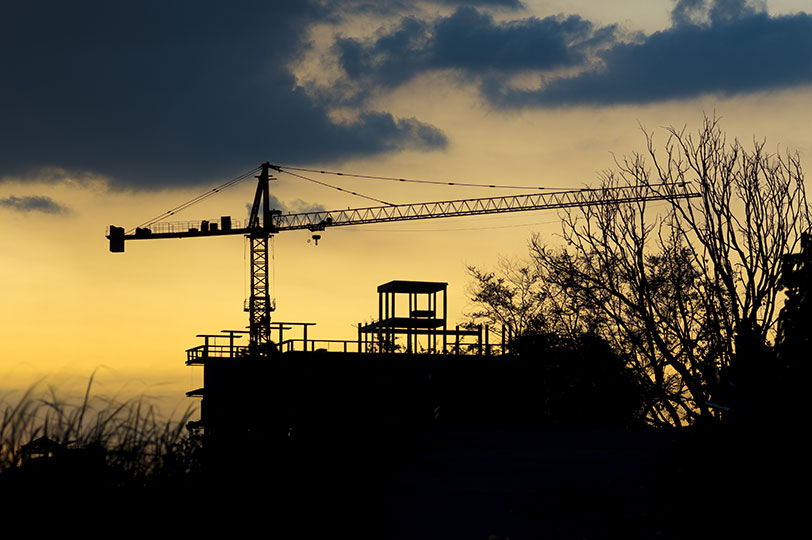From the Trenches: Post-COVID 19 Real Estate Market Predictions
Published by Jason Ferris on
From The Trenches: Post-COVID 19 Real Estate Market Predictions
On March 13th, the US declared a national emergency due to COVID-19. Now, we’re just about a month into this and starting to wonder about the long-term impacts on commercial real estate. Here are my top 3 Post-COVID 19 Real Estate Market predictions:
- Significant increase in vacancy and foreclosures of locally-owned restaurant and bar properties.
- Increase in office vacancy in the CBD and suburban markets
- Increased vacancy in retail centers

Post-COVID 19 Real-Estate Market Predictions For Restaurant Closures
It’s no secret that restaurants and bars are hurting. With the Kentucky Governor’s order to shut down and only offer carryout, few locally owned, non-franchise restaurants are likely to survive. Offering carryout is a stopgap measure to try to cover minimum operating expenses, such as taxes, insurance and utilities. That being said, I applaud the business owners for adapting so quickly. It was inspiring to see Texas Roadhouse, a Louisville-based company, with a full drive-thru setup for carryout within a few days. The employees had bright-yellow jackets and had tents and cones set up for a full-scale operation.
Historically, most locally-owned restaurants and bars run on slim cash flow and even slimmer margins. They generally can’t survive more than a few days offline and still recover. I’ve seen restaurants close because they have a kitchen fire that shut them down for a week. So, these restaurant buildings are going to end up with different uses, or they’ll get transformed into national chain restaurants. Let’s face it, Chick-Fil-A has got the drive-thru process down and they will thrive, seemingly anywhere. So, by the end of this, we foresee a fair amount of restaurant closures in our post-COVID 19 real-estate predictions
Office Vacancies and Closures – Post-COVID 19 Real-Estate Predictions
Office vacancy in the Louisville CBD has been hovering around 15% for the last 20 years. We had some brief decreases in recent years, but for the most part, there is still a good amount of space available for Class A and B office space. However, with most companies forced overnight to come up with a telecommuter solution for a significant part of the workforce, I predict that we won’t all come back to work in the traditional sense.
An example, if an insurance company has 300 workers, they may need 150 square feet per worker or 45,000 square feet. At $15 per square feet, that’s $675,000 in rent per year. However, if these companies can rotate workers from home to office, then they might be able to use that same 150 square feet for 2 or 3 workers. Now, they can reduce their footprint to 15,000 square feet at a cost of only $225,000, a 67% reduction. In reality, it costs a company very little to have their workers at home, maybe $50 extra per month with internet, software and hardware costs. That’s only $180,000 per year extra. The real question is….what are we going to do with all this downtown office space?
Post-COVID 19 Real-Estate Predictions for Retail Closures and Vacancies
Retail centers generally always have restaurants and/or bars. So, for this simple fact, vacancy is going to increase as these companies fail to weather the storm. However, now that most of us are quarantined at home, and are forced to shop online for almost everything, including groceries, I think a significant amount of families will shift bigger portions of their product consumption to online retailers. With virtual assistants, virtual clothes-sizing, custom options and increased trust in online shopping, thanks in most part to Amazon, I think brick and mortar retailers are going to see big vacancies as the last remaining holdouts fail to generate in-store sales.
For instance, Dress Barn closed all their stores and opened their new online store on the same day. In addition, while many retail centers have shifted towards service-based tenants, I think medical offices will begin to reduce their footprints as well. I think virtual health checkups and follow-up visits are going to be increasingly online via Skype, Zoom, telemedicine platforms, etc… Does my doctor really need me to come in to look at my sore throat anymore? Can’t we do that online with a webcam? This is going to drive up retail vacancy as well as these medical users consolidate into smaller office space with fewer exam rooms.

Overall predictions
So in all, in the post-COVID 19 world, our real-estate predictions include closures in retail, office space, restaurants, and potentially medical. However, the overall severity and implications of the virus and these closures remain to be seen.

